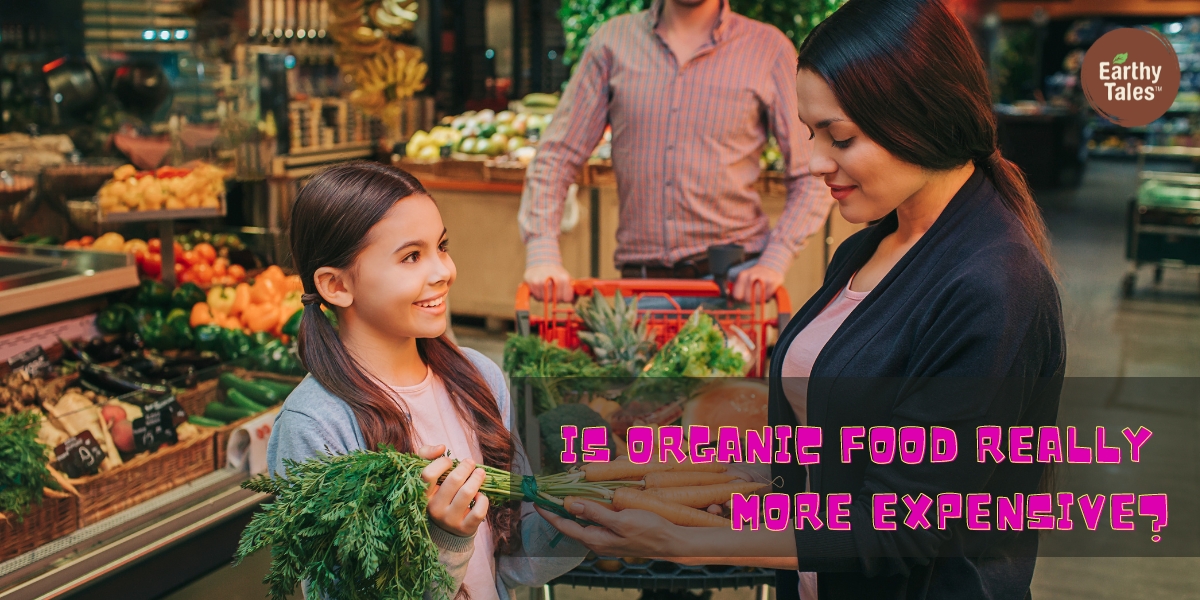One of the most tenacious myths about organic food is that it is so much more expensive than conventional produce. While it's true that organic items often come with a heftier price tag at the grocery store, a comprehensive examination of the costs and benefits reveals a different story when considering monetary costs, health benefits, environmental, and long-term economic effects.
Initial Price vs. Long-Term Costs
Upfront Costs: Organic foods typically cost more at the point of purchase due to the labor-intensive methods of organic farming, which produce less yield per acre than conventional methods but maintain better soil health and biodiversity. Organic certification and maintenance of organic status also contribute significantly to higher prices.
Health Care Savings: Consuming organic food reduces exposure to pesticides and chemicals linked to a range of health issues, including hormonal imbalances, neurological problems, and cancer. Reducing these risks can lead to significant medical cost savings over time, which should be considered when evaluating the price of organic food.
Environmental Costs: Conventional farming practices can lead to environmental degradation through chemical runoff, soil erosion, and loss of biodiversity. These hidden costs include expenses related to water purification, soil restoration, and biodiversity conservation. Organic farming practices are designed to minimise environmental impact, potentially lowering the long-term costs of environmental cleanup.
Price Comparisons and Making Organic More Affordable
Comparative Shopping: As the demand for organic products grows and supply chains become more efficient, the price gap between organic and conventional foods is narrowing. Consumers can often find competitive pricing for organic items by comparing prices at different retailers, taking advantage of sales, and buying in bulk.
Subsidies and Policies: The price of conventional food is often kept artificially low through government subsidies to large-scale farms and agribusinesses. Extending similar subsidies to organic farmers could further reduce the price gap, making organic food more competitively priced.
Community Supported Agriculture (CSA) and Local Markets: Joining a CSA or shopping at local farmers' markets can provide less expensive sources of organic food. These options often offer fresher produce at lower prices by eliminating middlemen and reducing transportation costs.
Long-Term Value of Organic Food
Considering the health benefits and environmental sustainability, organic food should be seen as an investment rather than an expense. The higher nutritional value and absence of harmful chemicals contribute to better health and reduced healthcare costs over time. Additionally, supporting sustainable farming practices ensures a healthier planet for future generations.
Conclusion: Rethinking the Cost of Organic Food
Although organic food may appear more expensive at first glance, a thorough assessment of its costs and benefits suggests it may be more economical in the long run.
By choosing organic, consumers not only invest in their health and the environment but also potentially reduce the hidden costs associated with conventional farming. As the organic food market continues to grow, it is likely that these products will become even more accessible and affordable.

